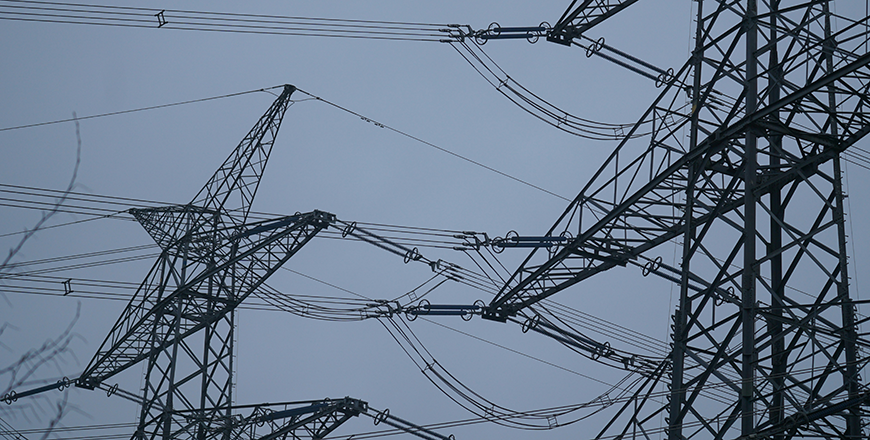You are here
2nd phase of Jordan-Iraq electrical interconnection project in final stages – official
By JT - Apr 15,2025 - Last updated at Apr 15,2025

Director General of the National Electric Power Company (NEPCO) Sofian Bataineh says on Tuesday that work on the second phase of the Jordan-Iraq electrical interconnection project has nearly reached its final stages and is expected to be completed by the end of August 2025 (JT file)
AMMAN — Director General of the National Electric Power Company (NEPCO) Sofian Bataineh announced Tuesday that work on the second phase of the Jordan-Iraq electrical interconnection project has nearly reached its final stages.
In a press statement, Bataineh said the phase, which aims to supply electricity to the Al-Qa’imarea in Iraq at a voltage of 400 kilovolts, is expected to be completed by the end of August 2025.
Despite challenges faced during the implementation of the Jordan-Iraq interconnection project, Bataineh noted that they have been successfully overcome, and said he is expecting that the project to supply Iraq with between 150 to 200 megawatts of electricity.
He emphasised the strategic importance of the project in advancing regional energy integration. Jordan’s electrical grid is already synchronously connected with Egypt via a 550 MVA undersea cable operating at 400 kilovolts, and with Syria through a 400 kV single-circuit overhead transmission line.
Meanwhile, Jordan continues to supply electricity to the Palestinian side through the Al Rameh substation at 33 kilovolts, providing around 80 megawatts to the Jericho and Jerusalem areas.
Ar Rutbah town in Iraq is currently being supplied with about 40 megawatts via a 132 kV line from Jordan’s Al Risha substation.
The Jordan-Iraq electrical interconnection project marks a strategic step toward ensuring energy security for both countries and fostering mutual energy dependence, while also supporting economic and regional stability.
Regional power integration is expected to expand further through the Jordan-Saudi Arabia electrical interconnection project, which will have a 500-megawatt capacity in its first phase.
The project promises significant opportunities for cross-border electricity exchange, development of a unified Arab electricity market, and greater energy security.
Both parties are finalizing the necessary agreements to proceed with signing and implementation.















